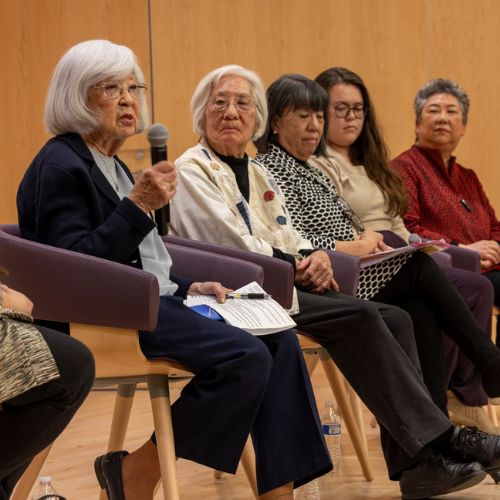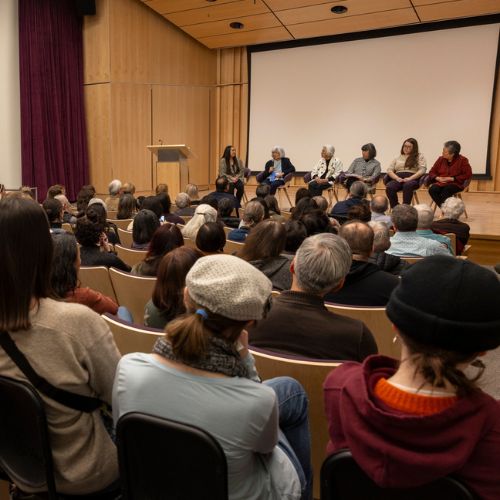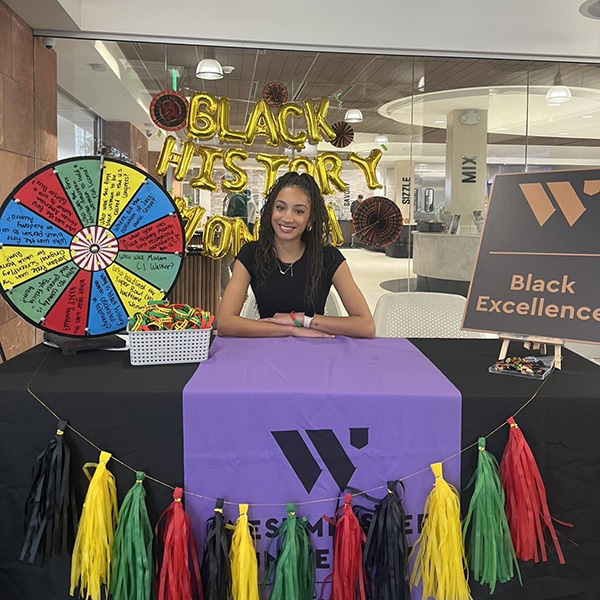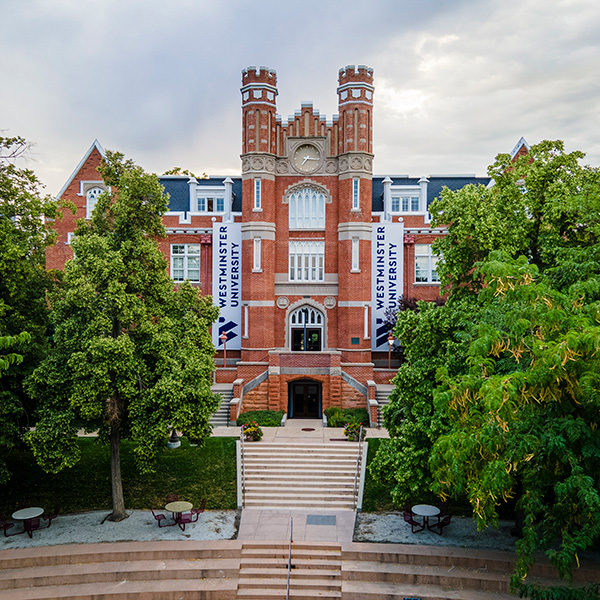
SALT LAKE CITY – Over 100 members of the Japanese American community and Westminster students, staff, and faculty gathered at Westminster University on Tuesday, February 19, 2024 for a Day of Remembrance panel discussion. The panel addressed how Japanese Americans were wrongly incarcerated and sent to concentration camps around the country during WWII, including Camp Topaz in Delta, Utah.
The panel discussion was organized by Dr. Kelly Asao, assistant professor of psychology at Westminster University and President of the Salt Lake Chapter of the Japanese American Citizens League.
“February 19 marks the signing of Executive Order 9066, which led to the forced removal and incarceration of over 125,000 people of Japanese ancestry living on the West Coast. These families had to abandon their jobs, homes, pets, businesses, and almost all their belongings. Most families were sent to one of ten incarceration camps scattered in desolate, remote regions of the country. It is important that we continue to talk about what happened to ensure that this history is never repeated,” said Asao.
Panelists included:
- Jeanette Misaka - Heart Mountain survivor, former educator, activist
- Lily Havey - Amache survivor, artist, and author of Gasa Gasa Girl Goes to Camp
- Karie Minaga - Miya - Topaz descendent, retired lawyer and nurse practitioner
- Kenzie Hirai - Topaz descendant, program coordinator Food Justice Coalition
- Dianne Fukami - Topaz descendant, award-winning filmmaker
Lily Havey spoke about her time at Amache, a concentration camp in Colorado.
“At the beginning, we were all given numbers and we were called by our numbers, not our names. So, we were no longer individuals. We lost our identities. A lot of camp time —whether in school or with our families—was spent figuring out how to find that identity again,” she said.
Dianne Fukami is a Camp Topaz descendant and award-winning filmmaker known for documenting the Japanese American experience during WWII. She talked about the impact Executive Order 9066 has had on the Japanese American community since WWII.
Speaking about the loss of cultural capital, she said “Most Nisei (second generation Japanese Americans, born in the U.S.) were afraid to speak Japanese to their children because they wanted their children to be seen as ‘fully American’. So, many of us grew up not learning the language.”
And the impact wasn’t just lost generational wealth and forced assimilation. Karie Minaga-Miya, a Camp Topaz descendant, added “It’s hard to measure the impact. My family, for example, was scattered across the country after the camps closed. The nuclear family unit was shattered.”
Following the panel discussion, those in attendance were able to enjoy an art and artifact exhibit in the foyer of Florence J. Gillmor Hall by Lily Havey, along with books written by Japanese American authors. Delicious food was also served and prepared by the Salt Lake Buddhist Temple.
Camp Topaz Museum and Historic Site Visit (Delta, UT)
In addition to the panel discussion, Westminster is organizing a trip to Camp Topaz on Saturday, March 2, 2024. Participants will board a free charter bus and make their way to Delta, Utah where they can tour the Camp Topaz Museum as well as the historic site where Camp Topaz existed during the war. The tour is currently at capacity and not accepting any more entries.
For more information email Marilee Coles-Ritchie (mcoles-ritchie@westminsteru.edu) with questions.
Check out this video of the 2023 Camp Topaz Tour.





